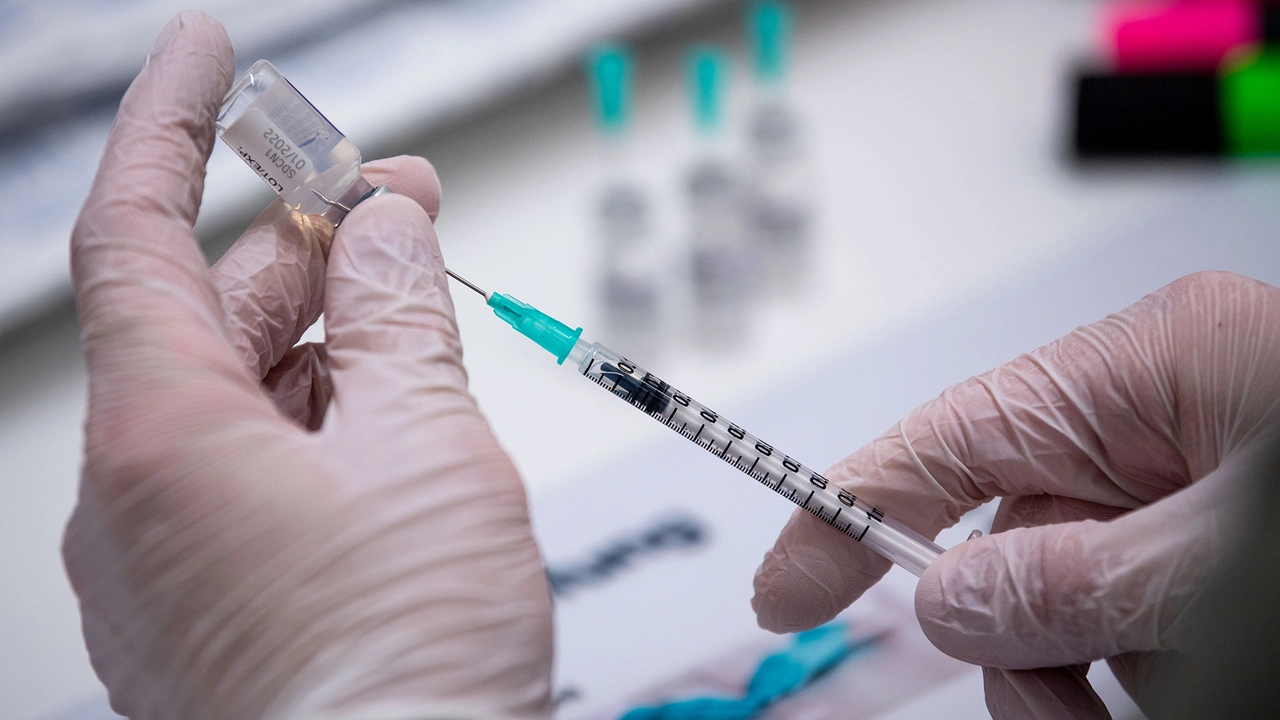Parasitic Infections: What They Are and How to Deal With Them
If you’ve ever felt weird stomach cramps after a hike or noticed itchy skin after a beach trip, a parasite might be behind it. Parasites are tiny organisms that live on or inside another creature – usually us – and they can cause everything from mild nausea to serious illness. Knowing the basics helps you catch an infection early and avoid nasty complications.
Common Types and Their Signs
The most common culprits are protozoa like Giardia, helminths such as tapeworms, and arthropods like lice. Giardia often shows up after drinking untreated water; look for watery diarrhea, bloating, and fatigue. Tapeworm infections can be silent at first but may cause weight loss, abdominal pain, or visible segments in stool. Hookworms enter through the skin, especially when walking barefoot on contaminated soil, leading to itchy rash and iron‑deficiency anemia.
Other signs to watch for include unexplained itching around the anus (pinworm), persistent cough (lung flukes), or a metallic taste in your mouth (some roundworms). If you notice any of these symptoms after travel, outdoor activities, or eating undercooked food, think about parasites.
Treatment, Prevention, and When to Seek Help
Most parasitic infections are treatable with prescription meds. Albendazole works well for many worms, while metronidazole is the go‑to drug for Giardia. Ivermectin covers a range of skin‑borne parasites and some intestinal ones. Always get a proper diagnosis – a doctor can order stool tests or blood work to pinpoint the exact parasite.
Prevention is easier than you think. Drink filtered or boiled water, especially when camping. Cook meat thoroughly; a quick temperature check (165°F/74°C for poultry) kills most larvae. Wash fruits and veggies in clean water, and avoid biting nails or eating food that’s fallen on the ground.
Good personal hygiene stops many infections dead in their tracks. Shower after swimming in lakes, wear shoes outdoors, and wash hands with soap before meals. If you have pets, keep them on regular deworming schedules and clean litter boxes often.
When should you see a doctor? Anytime symptoms last more than a few days, get worse, or are accompanied by fever, blood in stool, or severe pain. Early treatment reduces the chance of long‑term damage and spreads to others.
Keeping these tips handy can save you from weeks of uncomfortable trips to the bathroom and unnecessary doctor visits. Stay aware, stay clean, and don’t let a tiny parasite ruin your day.

